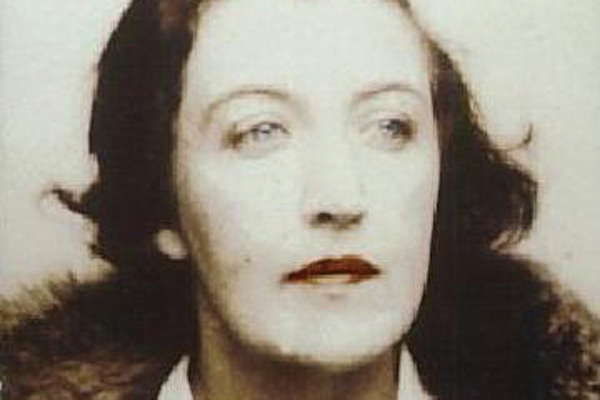Veteran scribe David McGillivray signs off by hailing Neil McKenna’s new biography as one of the most enjoyable books he’s read during his decade with QX…
“Lor! What a fascinating pair!”
Talk about plus ça change. Every other day we read that an African country is convinced that its civilisation will collapse because of bum sex. But in Neil McKenna’s wonderful book ‘Fanny & Stella: The Young Men Who Shocked Victorian England’ we learn that this misconception was all the rage in 1870s England. Fanny and Stella were the assumed names of the notorious Boulton and Park, who liked to dress in women’s clothes. I’ve written about them a fair deal in my historical pieces for QX. The authorities feared that, unless something was done about these perverts, Fanny and Stella would convert the rest of British menfolk to sodomy. Consequently the young men were arrested and hauled into court. In under an hour the jury found the defendants not guilty. Life went on in much the same way it had before. “Those who cannot remember the past”, as many have said in so many words, “are condemned to repeat it.”

After spending who knows how many months in the National Archives in Kew, Neil McKenna now dredges up the entire case and lor! it’s fascinating. McKenna is the author of The Secret Life of Oscar Wilde (2004), probably the book I’ve referred to more than any other during my years at QX. In that book McKenna set out to dispel the myth that Wilde was a happily married heterosexual who had been seduced into the evils of same-sex sex. He theorised convincingly that the playwright was as queer as a coot from the day he was born. In Fanny & Stella McKenna takes much the same sort of line. Despite the fact that the odd couple was portrayed by the defence at their 1871 trial as sensitive youths who enjoyed dressing up, McKenna knows full well that they were guilty as charged. Boulton and Park were male whores who sold their arses on the street to all and sundry and suffered accordingly. (It’s likely they both died of syphilis).
McKenna is obsessed with Boulton and Park’s arses and no wonder because seemingly, so was everybody else in 1870s England. He knows the exact details of the series of medical examinations the fascinating pair underwent in an official attempt to prove that they were sodomites. (The examinations proved nothing). McKenna also seems to know everything about the Victorian drag scene including the address of the shop that sold breast enhancements. Even more deliciously, he uncovers a sinister conspiracy. Did Lord Arthur really die of scarlet fever or did he fake his death in order to avoid arrest? This is just one strand of a web of corruption that surrounds the Boulton and Park case.
McKenna has developed the knack of writing in a Victorian style that makes us believe that the leading players in the drama are speaking to us today. Sometimes, in all honesty, he goes a bit over the top. It’s also a shame that he makes no attempt to analyse the case in the light of present-day knowledge. When in drag, Boulton and Park appeared to fool “heterosexual” men in a way that’s persisted to this very day. What does this imply about unchanging society? And were Fanny and Stella transsexuals born before medical science could catch up?
The bottom (sorry) line, however, is that this is a great read. It will be made into a movie as sure as Neil McKenna is the greatest gay biographer of our era. I’m glad I was able to heap praise on it, a high note on which to go out after ten years working for this delightfully, inspiringly maddeningly idiosyncratic magazine. Please keep supporting it. Adieu.
• Fanny & Stella: The Young Men Who Shocked Victorian England is published by Faber & Faber, £16.99.













David, thank you for bringing alive all those voices from our gay past. All the best.